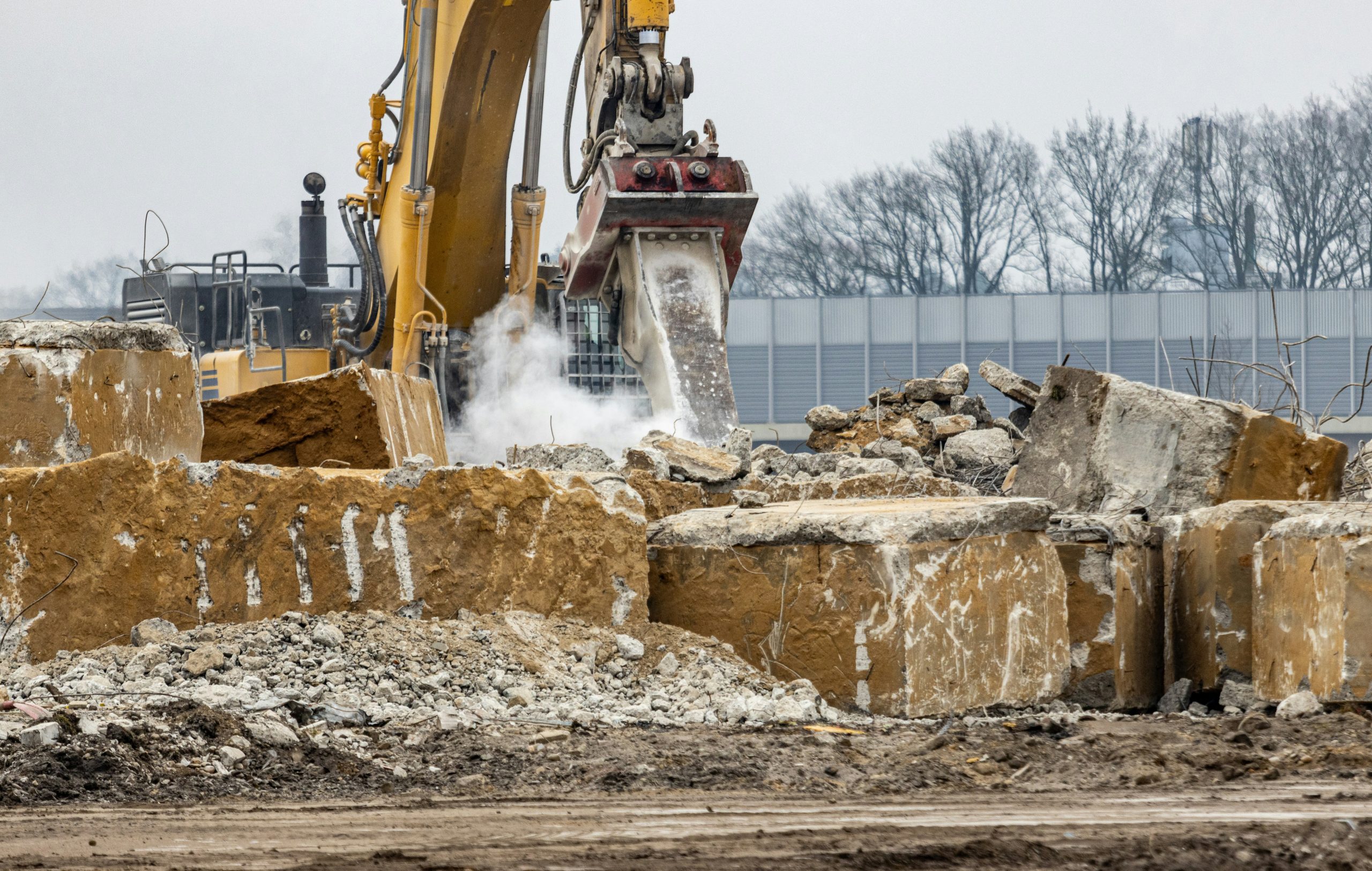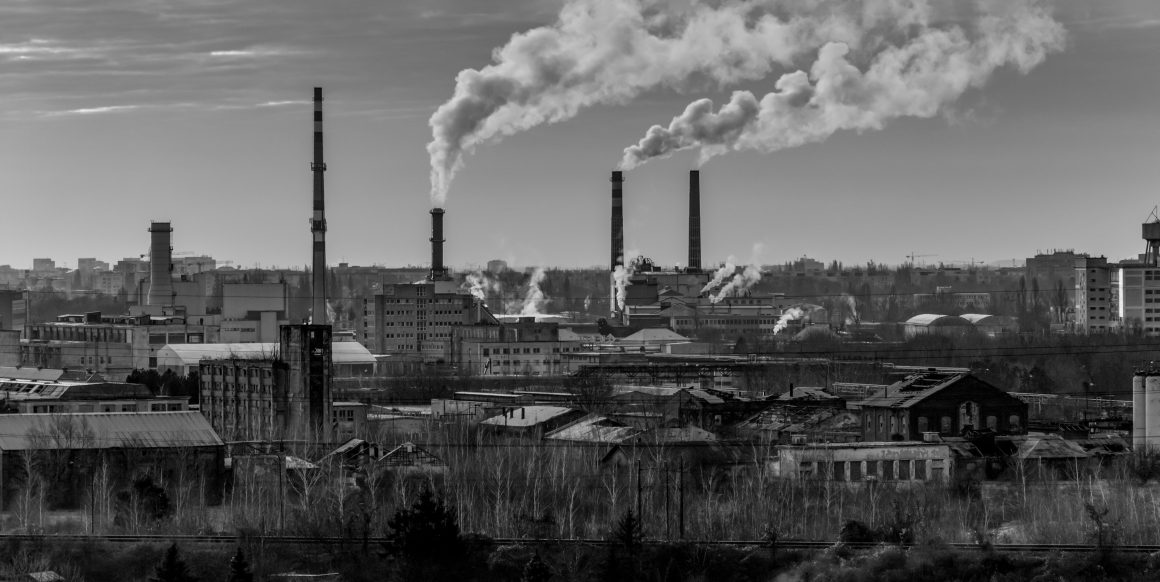As part of our work to bring you legal news in employment law in this new feature we provide you with a selection from Robert Spicer’s ‘Health and Safety Horrors’ Linked In posts. We thank Robert Spicer for sharing his valuable insights with us.
A note from Robert Spicer
I was called to the Bar in 1970 and I continue to practise full time in the areas of employment law and health and safety at work. I have monitored health and safety prosecutions for a number of years. My website is www.frederickchambers.co.uk
As this is the first article in the series we felt it important to begin with Spicer’s historical run down about health and safety law at work in the UK. Some of the ‘Health and Safety Horrors’ will follow afterwards.
The origins and significance of health and safety law
Health and safety law is of crucial significance to any analysis of English law. It is different from most other aspects of law in that it expressly protects the interests of the working class.
Health and safety in its widest sense includes statutory rules and regulations, common law negligence and aspects of employment law. Health and safety suffers from not being taken seriously and from its enforcement being seriously underfunded in comparison with other areas of criminal law.
The historical context of health and safety law
The industrial revolution of the early nineteenth century resulted in a massive, rapid and uncontrolled increase in the number of workers employed in factories. Workplace conditions were observed and described by a number of contemporary reformers.
In 1815 Robert Owen toured the main factories of Britain. He observed that “in some large factories from one-fourth to one-fifth of the children were either cripples or otherwise deformed, or permanently injured by excessive toil, sometimes by brutal abuse”.
EP Thompson has described working conditions in Manchester in 1832 as including eight-year old children being forced to work a fourteen-hour day. Thompson concluded that the exploitation of little children, on this scale and with this intensity, was one of the most shameful events in our history.
History of factories legislation
The first factory legislation was passed in 1802. It aimed to regulate the hours of work of apprentices in cotton mills and to set standards for lighting, heating and ventilation. These rules were only sporadically enforced. In 1833 new legislation appointed inspectors to enforce the law. During the nineteenth century, a series of ad hoc Acts were passed which consolidated the law, and its administration, in relation to factories and workshops.
Health and safety law outwardly appears to be for the benefit of the working class. It has been argued that it was never properly enforced and was never intended to be. The argument goes that health and safety laws were introduced to give employees the false impression that their interests were promoted and to deflect their militancy.
In reality:
· The promoters of the early factory legislation were genuinely concerned to improve workplace conditions.
· Within the employing class, competing industrialists supported the new laws because they would increase their competitors’ costs.
The Health and Safety at Work Act 1974 was introduced against a background of pressures from the civil service to simplify the legislation, from the TUC, from public concern and from individuals such as Michael Foot and Lord Robens.

Taking the lead from the historical context of health and safety legislation, in this set of ‘Health and safety horrors’ by Robert Spicer we are looking at some cases involving heavy machinery and tools in the workplace.
Health and Safety Horrors
All posts from Robert Spicer have been kept in the original form including the date shared on social media.
Health and safety horrors: forklift truck death
October 17, 2024
In April 2024 Chorlton Express Transport Ltd, a haulage company, was fined at Manchester magistrates’ court following the death of a worker.
An employee of the company was loading pallets from a forklift truck onto a heavy goods vehicle at the company’s site in November 2020.
The vehicle moved forward and caused the forklift truck to overturn. The worker, who was not wearing a seatbelt, was trapped under the vehicle and suffered fatal injuries.
The company had failed to put adequate safe work systems in place in relation to vehicle movements.
It had also failed to ensure that all forklift drivers were compelled to wear seatbelts. If the worker had been wearing a seat belt, it was highly likely that this would have saved his life.
The company was fined £86,710 plus £5900 costs.
Health and safety horrors: death from crushing
October 9, 2024
In March 2024 Graniteland Ltd and Shu Lai Li, the company’s director, were fined at Dudley magistrates’ court following the death of a worker.
In November 2020 an employee was unpacking and moving granite slabs, using an overhead crane, at the company’s site.
Two of the slabs, which each weighed 250 kg, fell and crushed the worker against a forklift truck as he was operating the crane’s controls. He suffered fatal injuries.
The company and its director had failed to implement training or to develop safe systems of work for the handling of the slabs.
There was no evidence that workers had received training in the safe operation of machinery which included the overhead crane.
The crane and the forklift truck had not been thoroughly examined.
Webbing slings, which could have been used during the unpacking process, were damaged.
The company was fined £18,000 plus £4100 costs.
Shu Lai Li was ordered to carry out 120 hours of unpaid work and to pay £4000 costs.
Health and safety horrors: angle grinder death
October 7, 2024
In January 2024 Fernando Araujo, a garden landscaper, was sentenced at St Albans magistrates’ court following the death of a worker.
In August 2021 a worker engaged by Araujo was helping him to instal railway sleepers along the edge of a front garden.
He was using an angle grinder fitted with a circular saw blade to cut the sleepers. The guard had been removed from the grinder. The saw blade was larger than the original grinder disc.
The sleeper was placed in a skip and was not secured while being cut. The tool kicked back into the worker’s groin. He suffered fatal injuries.
Araujo failed to ensure that work equipment was used only for operations for which, and under conditions for which, it was suitable. Changing from the use of an abrasive wheel through the fitting of a circular saw blade resulted in the creation of a dangerous machine.
Araujo was sentenced to six months imprisonment suspended for two years, ordered to carry out 200 hours of unpaid work and to pay £3400 costs.
 Robert Spicer
Robert Spicer